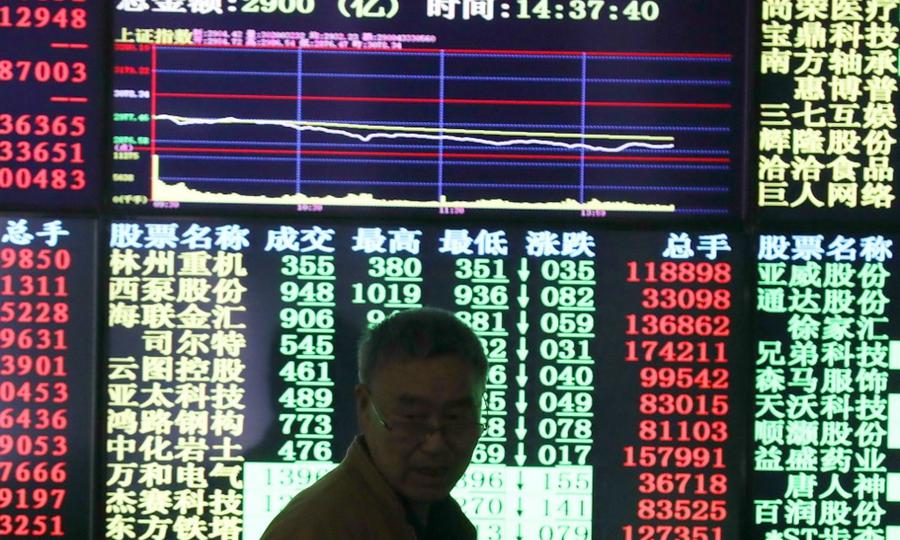(ATF) Asian markets are tentatively higher as economies across the region start to reopen with governments also promising stimulus programmes to support growth rates which are plunging into negative territory.
China and Hong Kong officials moved to reassure the global investor community about the proposed national security law, which they said targets “violent and terrorist forces”.
“Some foreign chambers of commerce have expressed their concerns about the legislation and pointed out the importance for Hong Kong to uphold its established advantages, including free flow of information, freedom of speech, and a government of high transparency and integrity,” Hong Kong Financial Secretary Paul Chan said in his blog while adding that his government would protect and strengthen these values.
“As normal investment, commercial and trade activities conducted by other countries in Hong Kong would not threaten the national security, such activities could be continued as usual.”
Hong Kong’s Hang Seng index jumped 1.84% and China’s CSI 300 index was 0.67% higher.
China’s central bank said it will continue to reduce interest rates and improve the flow of credit into the world’s second largest economy, which shrank in the first quarter, the first contraction since 1992.
People’s Bank of China governor Yi Gang said the central bank “will continue to deepen LPR reform, unblock the transmission channel of money market interest rates to loan interest rates, promote the reduction of real loan interest rates, and support the development of the real economy. At the same time, advance the conversion of the stock loan benchmark in an orderly manner.”
The focus of the ongoing meeting of China’s parliament, the National People’s Congress, is also lifting investor sentiment.
“We expect China to open up financial services significantly, inviting foreign capital and talent that will help create value-added jobs in the country,” said Binay Chandgothia, the managing director & portfolio manager at Principal Global Investors.
“The removal of a GDP growth target allows China to focus on employment, social stability and national security. We believe monetary policy will fully support fiscal initiatives to drive growth and we expect lower policy rates, RRR cuts and active support of banks through refinancing schemes. Infrastructure spending will remain important but will be directed towards social housing, transportation and new economies such as 5G technology, power grids and developing clusters of economic excellence.”
Elsewhere in the region, governments and authorities are also acting to arrest the economic downturn.
Japan’s Prime Minister Shinzo Abe said the total amount of stimulus from two economic packages would exceed 200 trillion yen ($1.86 trillion) after Monday’s fresh 100 trillion yen stimulus and Singapore will unveil its fourth stimulus package later in the day.
The Nikkei 225 surged 2.2% and Australia’s S&P ASX 200 was 1.9% higher.
Credit markets were also risk on with the Asia IG index a basis point tighter at 105/106 bps and the primary market was active with a broad range of investment grade offerings. In the market are BOC Aviation, Shandong Hi Speed , China Ping An , Hysan Development and CITIC Securities.
ALSO READ: Analysts back Alibaba despite stock plunge
China’s exporters look inwards as virus hits overseas markets
























